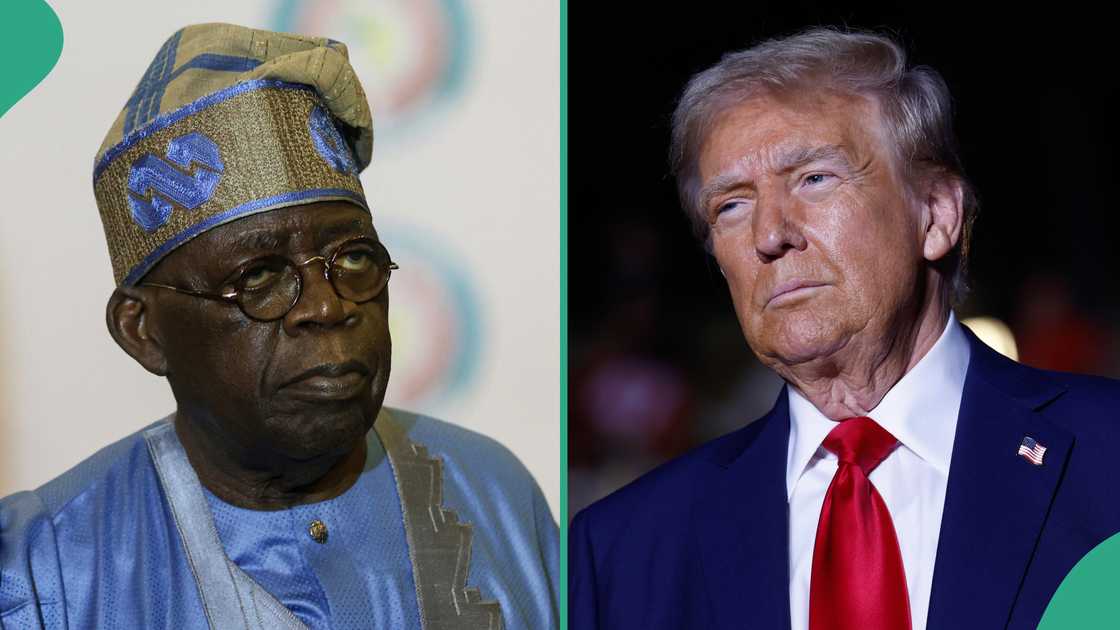
Nigeria has firmly pushed back against efforts by the United States to relocate deported migrants of multiple nationalities to African nations, signaling its refusal to serve as a destination for individuals with no ties to the country, including former prison inmates.
Speaking from Brazil during the BRICS summit on July 11, Nigerian Foreign Minister Yusuf Tuggar confirmed that the Trump administration had applied “considerable pressure” on African governments to receive deported individuals, many of whom are not their citizens.
Among them are Venezuelans and others from Latin America, Asia, and Africa.
“It will be difficult for a country like Nigeria to accept Venezuelan prisoners in Nigeria,” Tuggar declared. “We already have enough problems.”
This statement follows closed-door discussions held earlier in Washington, where President Donald Trump’s administration raised the issue during meetings with five visiting African heads of state—leaders from Liberia, Senegal, Guinea-Bissau, Mauritania, and Gabon.
US officials reportedly asked those governments to consider accepting third-country nationals expelled from the United States, including people with criminal records.
Nigeria, home to over 230 million people, is already battling widespread insecurity and a long-standing humanitarian crisis in multiple regions, including the Northeast and the North-Central belt.
Insurgencies by non-state armed groups, conflicts between herders and farmers, organized crime, and climate-induced disasters have displaced millions of Nigerians internally.
In this context, accepting deported migrants poses an additional burden that the government considers unsustainable.
Meanwhile, the Trump administration has rolled out an aggressive strategy of deporting migrants to third-party countries in cases where their home nations refuse repatriation.
In one recent case, eight individuals of different nationalities—ranging from Cuba to Laos—were deported to South Sudan, despite only one person being a South Sudanese national.
This new approach has drawn sharp criticism from several quarters. US authorities are also reportedly in talks with countries including Libya, Angola, Benin, and Eswatini, urging them to take in migrants who are not their citizens.
While Venezuelans remain the largest affected group, the deportation policy affects a broader swath of nationalities.
In 2023, 58,462 African migrants were apprehended at the US-Mexico border, a dramatic rise from 13,406 the year before. Many originated from Mauritania, Senegal, Angola, and Guinea.
The rapid evolution of global migration patterns has seen African migrants increasingly rely on Latin American routes to reach the United States, further complicating enforcement and deportation processes.
The Trump administration’s attempts to redirect this growing flow into African states, however, is meeting stiff resistance.
Nigeria’s refusal sends a clear message: African countries are unwilling to bear the consequences of external migration crises, especially when it involves hosting foreign nationals with no prior connection to their soil.



